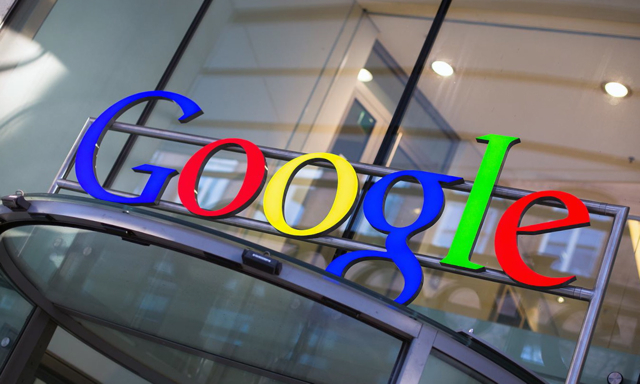Google is working on its third operating system after Android and Chrome OS, this one dubbed Fuchsia, an open-source, real-time OS that first appeared in August last year as a command line. Rather than being based on Linux, Fuchsia relies on a microkernel called Magenta that was developed by Google and incorporates other Google-developed software. According to Google, Magenta is aimed at “modern phones” and PCs with fast processors and large amounts of RAM with “arbitrary peripherals doing open-ended computation.”
Ars Technica points out that although Google has not given any more details on the role Fuchsia will play in its ecosystem, the Fuchsia interface is written with Google’s Flutter SDK, a project that “actually produces cross-platform code that runs on Android and iOS.”
When Fuchsia is downloaded to an Android device, Ars Technica found “it consists of a wild reimagining of a home screen along with a keyboard, a home button, and (kind of) a window manager,” although these are all “placeholder interfaces that don’t do anything.”
But what is there is very different: the home screen is “a giant vertically scrolling list,” with a profile picture, the date, a city name, and a battery icon. Recent apps, dubbed Story cards, appear above and below are “a scrolling list of suggestions, sort of like a Google Now placeholder.”
Fuchsia developer Travis Geiselbrecht, in the public Fuchsia IRC channel, said that the new operating system “isn’t a toy thing, it’s not a 20 percent project, it’s not a dumping ground of a dead thing that we don’t care about anymore.”
What is it then? Ars Technica surmises that it’s a radical redesign of Android, with a “Google-developed kernel running a brand-new Google-developed SDK that uses a brand-new, Google-developed programming language and it’s all geared to run Google’s Material Design interface as quickly as possible.” By dumping Linux, it can also “dump Java and the problems it caused with Oracle,” and bring all its development in-house. If Fuchsia follows the same development path as Android, that means we’ll see a Fuchsia consumer product “around 2020.”


No Comments Yet
You can be the first to comment!
Sorry, comments for this entry are closed at this time.